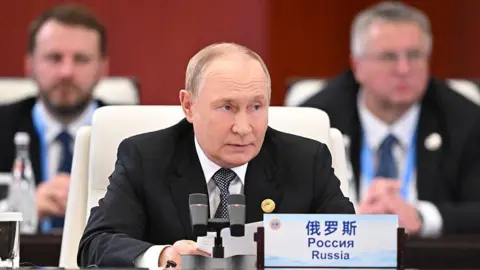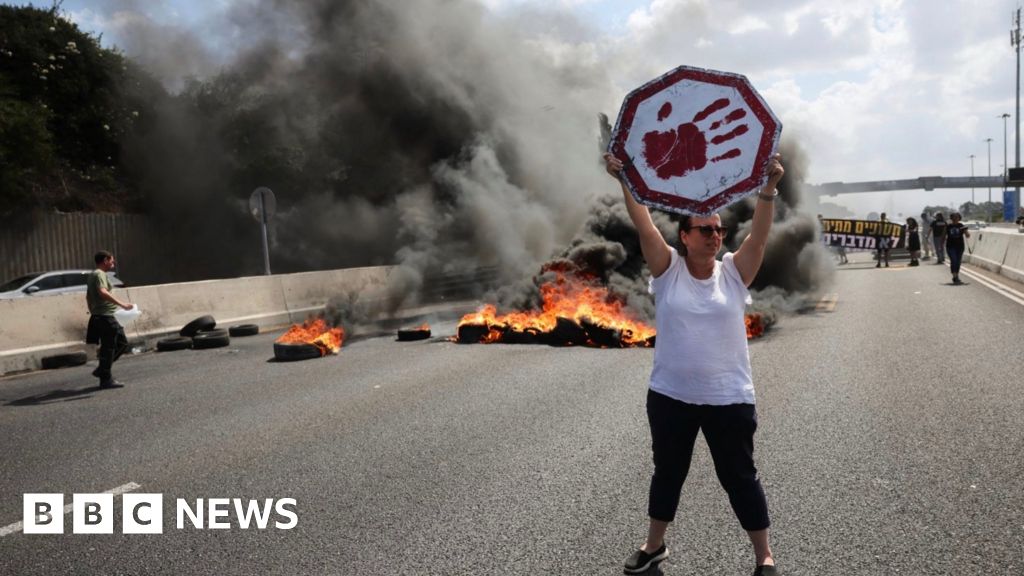In a dramatic turn of events, President Trump’s ambitions to celebrate a successful military action against Iran were dashed by the emergence of a troubling U.S. intelligence report, just as he arrived in the Netherlands for the NATO summit. The report indicates that the strikes aimed at Iran's nuclear facilities only set back their program by a few months, countering Trump's assertions that the military actions had “obliterated” Iran’s nuclear capabilities.
Trump had hoped to solidify his legacy with a bold offensive that his predecessors shunned, while simultaneously fostering fragile negotiations for peace. Acknowledging the delicate situation, he sought to impress NATO allies with both his military decisiveness and his diplomatic maneuvering. However, the Pentagon's leaked intel, despite being preliminary, has raised serious doubts about his triumphal narrative.
Private communications from NATO Secretary General Mark Rutte seemed to bolster Trump’s claims, with Rutte commending the U.S. actions as extraordinary and a move that enhanced collective safety. Yet, the President’s reliance on the term “obliterated” prior to receiving any battle damage assessments illustrates an eagerness to paint a victorious picture for his party and supporters.
Rutte’s acknowledgment of Trump's military actions was showcased by the President on social media, demonstrating a deliberate effort to frame his two-pronged approach to foreign policy in a favorable light. As NATO members convene to discuss defense spending, the tensions surrounding Iran and the implications of the recent attacks loom large over the conference, potentially affecting Trump's immediate goals for international relations and his domestic image.
Trump had hoped to solidify his legacy with a bold offensive that his predecessors shunned, while simultaneously fostering fragile negotiations for peace. Acknowledging the delicate situation, he sought to impress NATO allies with both his military decisiveness and his diplomatic maneuvering. However, the Pentagon's leaked intel, despite being preliminary, has raised serious doubts about his triumphal narrative.
Private communications from NATO Secretary General Mark Rutte seemed to bolster Trump’s claims, with Rutte commending the U.S. actions as extraordinary and a move that enhanced collective safety. Yet, the President’s reliance on the term “obliterated” prior to receiving any battle damage assessments illustrates an eagerness to paint a victorious picture for his party and supporters.
Rutte’s acknowledgment of Trump's military actions was showcased by the President on social media, demonstrating a deliberate effort to frame his two-pronged approach to foreign policy in a favorable light. As NATO members convene to discuss defense spending, the tensions surrounding Iran and the implications of the recent attacks loom large over the conference, potentially affecting Trump's immediate goals for international relations and his domestic image.




















